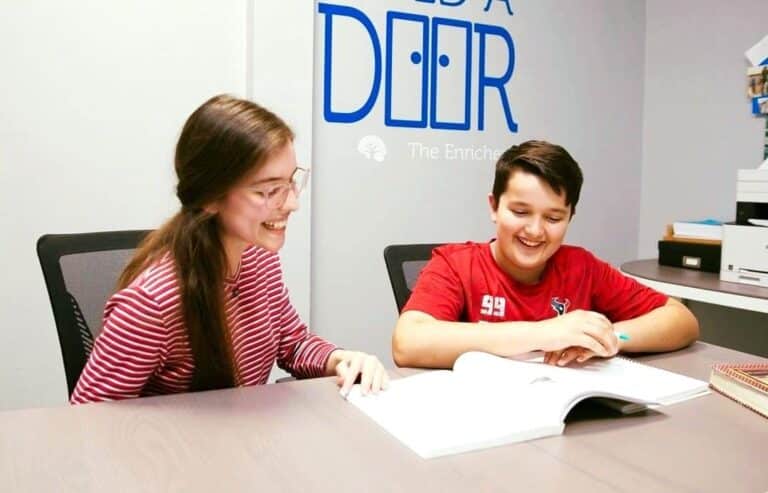Your ACT scores are back, and you’re thrilled. Well, mostly thrilled. You knocked the Math, Reading, English, and Writing sections out of the park, but your Science score… well, it could be better. If you find yourself in this predicament, you have a major reason to celebrate today. Today, for the first time since 1989, the ACT just announced a major change to its testing format: section retesting. Starting September 2020, students will be able to take individual sections of the ACT, rather than retaking the entire test.
For an exam that’s always been “all or nothing,” this change is a big deal. Previously, retaking the ACT could be a gamble; what if my score actually lowers the section time around? Soon, if you’re satisfied with every section score except one, you can dedicate all of your energy to improving that one score, without risking lowering the other sections. Even better, you don’t have to spend your entire Saturday morning sitting in a testing room retaking sections that you’ve already conquered.
Of course, for this new system to work, the ACT also has to allow superscoring. Which, as of September 2020, they will! If you’re not familiar, superscoring is the process of taking your highest section scores across all the dates you took the ACT. Between section retesting and superscoring, students now have an amazing opportunity to get their all-time best score.
There are a few key things to remember with this new policy. First, remember that it’s section retesting – you can only take an individual section if you’ve already taken the exam in its entirety at least once. Section retesting will only be available on national exam dates, and it will only be available in the brand new online testing format (which, as an added perk, means you get your new score back in only two days!).
When discussing these new changes to the exam, ACT chief executive Martin Roorda said, “We want to make it a better experience and create more options.” I can safely say that the ACT experience will certainly be better thanks to these changes.





